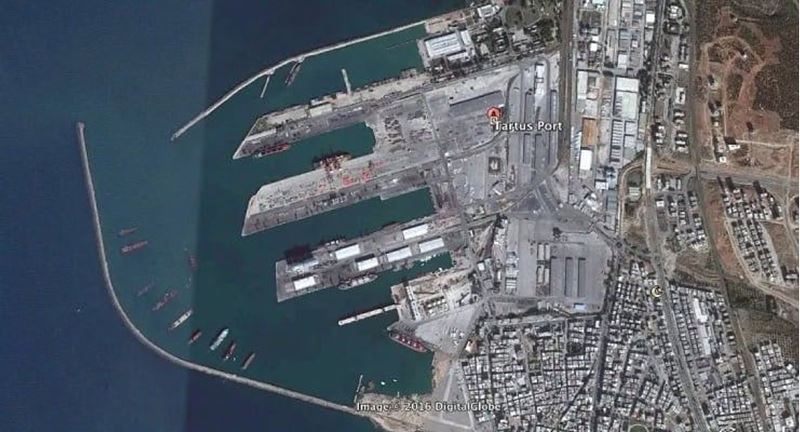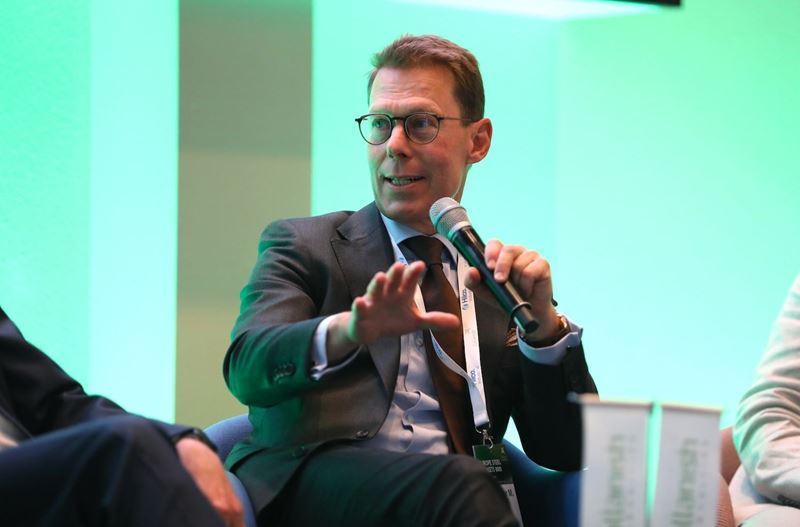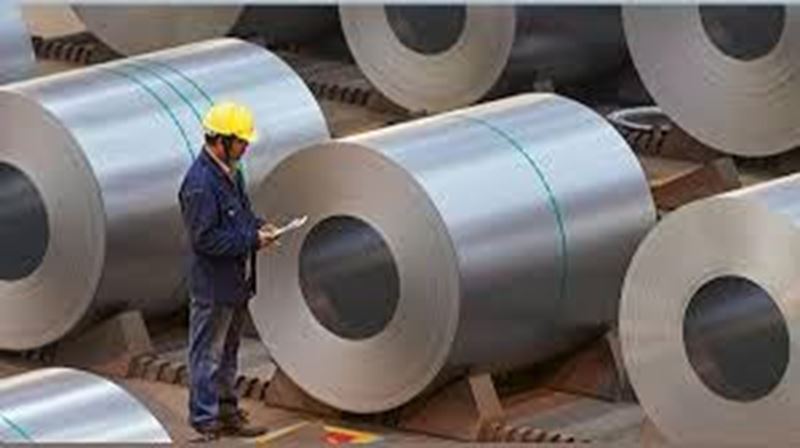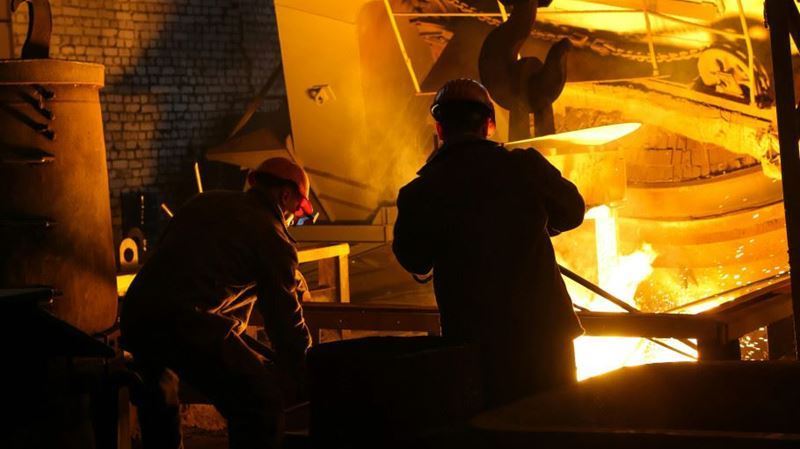The organisations called for a thorough assessment of sector-specific challenges in the negotiations, the preservation of the principle of reciprocity, and an approach that does not undermine the competitiveness of European industry.
In their joint press release, they stressed in particular that the agreement must not grant any exemptions from EU environmental legislation if concluded. Industry representatives underlined that strong sustainability and labour provisions must be fully integrated into the FTA. Otherwise, the agreement could create critical loopholes for both Europe’s climate objectives and environmental integrity.
In the statement issued by EUROFER, Cerame Unie, European Aluminium and Euro Alliages, it was highlighted that ceramic, steel, ferroalloy and aluminium producers operating in Europe have made major investments in innovation, decarbonisation and recycling. These investments are essential for the EU’s climate goals, competitiveness strategy and circular economy vision.
The industry associations warned that a trade agreement failing to ensure a level playing field would put Europe’s industrial base at risk. They noted that if an FTA with India does not respect reciprocity, the costly transformations undertaken by European producers to comply with high standards could turn into a competitive disadvantage.
The joint statement issued the following call to EU decision-makers:
- safeguarding equal conditions for European industry,
- preserving the integrity of the EU’s trade, climate and environmental policies,
- avoiding any agreement that could weaken Europe’s strategic sectors.
Industry representatives pointed out that the EU–India negotiations are not only commercial, but also strategically important in terms of climate policy, noting: “Europe’s future competitiveness depends on the right decisions taken today.”










Comments
No comment yet.